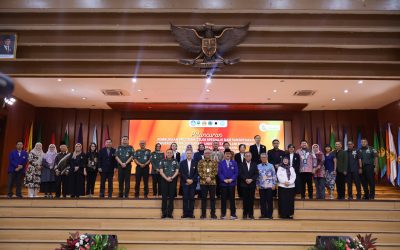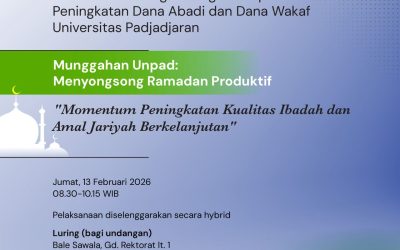In a step toward more sustainable livestock breeding, researchers from Universitas Padjadjaran have identified how age affects sperm quality in Simmental bulls. The study, led by Dr. Faisal Amri Satrio from the Faculty of Animal Husbandry, offers new insights into male fertility that could transform cattle farming in Indonesia and beyond.
Using a proteomic approach—analyzing all proteins in sperm cells—the research found significant changes in protein expression as bulls age. These proteins are vital for fertilization, motility, and DNA integrity. Younger bulls had higher expression of proteins involved in energy metabolism and mobility, while older bulls showed signs of cellular stress and reduced function.
“This helps explain why younger bulls tend to have better fertility outcomes,” said Dr. Faisal. “Understanding these molecular changes lets us select sires more accurately for breeding programs, ensuring higher reproductive success.”
The findings are especially important for regions like West Java, where cattle farming plays a crucial role in food security and rural income. Better selection of breeding bulls means fewer animals are needed for the same fertility outcomes—saving feed, land, and costs.
This research also supports animal-friendly, cost-efficient methods. By using non-invasive protein analysis rather than trial-and-error breeding, farmers can improve productivity without harming livestock. It promotes local resilience by reducing dependence on imported breeding stock.
Aligned with SDG 12: Responsible Consumption and Production and SDG 2: Zero Hunger, this innovation reinforces Universitas Padjadjaran’s commitment to sustainable agriculture. Through its scientific leadership, the university strengthens Indonesia’s capacity for independent, high-quality food production, contributing to better regional and global outcomes reflected in the THE Impact Rankings.






0 Comments